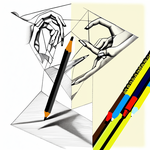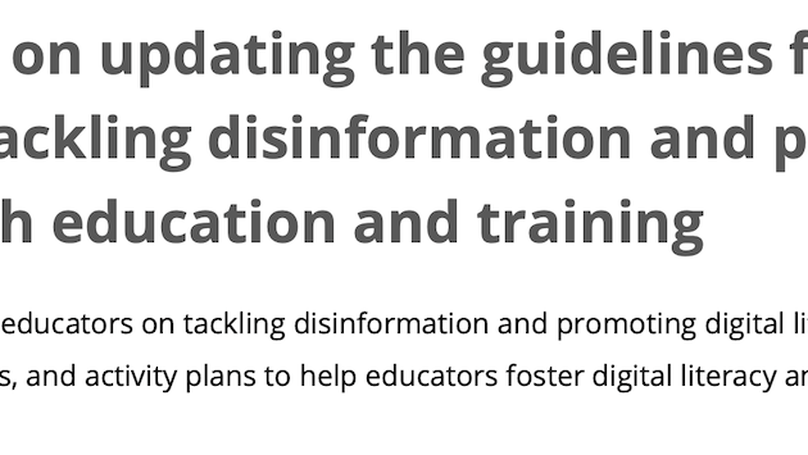Marco Kalz
Professor of Educational Technology
Heidelberg University of Education & Open University of the Netherlands
Biography
Marco Kalz is full professor of educational technology and Chief Information/Chief Digital Officer (CIO/CDO) at the Heidelberg University of Education. His research interest lies on the use of open education, pervasive technologies and formative assessment to support (lifelong) learning and knowledge construction. He has published more than 150 peer-reviewed publications. Marco is a researcher at the intersection of educational science, computer science and psychology with an interest in addressing global societal challenges like energy conservation, marine litter, resuscitation support and cancer education with educational technology.
Marco is associate editor of the International Journal of Artificial Intelligence in Education and editorial board member of the Journal of Computing in Higher Education. He is a senior-fellow of the Interuniversity Center for Educational Sciences (ICO) and the Dutch research school on information and knowledge systems (SIKS). He is director of the study program E-Learning and Media Education and director of the Heidelberg Centre for Digital Transformation in Education. Over the years he could secure approx. 3.7 Mio EUR of research funding for his institutions from competitive projects with a total budget of 34 Mio EUR. He has been an keynote speaker on more than 60 conferences and events. Besides European projects he was and is regularly involved in educational innovation and consulting projects with partners inside and outside of his institutions including clients like the International Labour Organisation, United Nations Environment Program, the European Commission, UNESCO or other international and national organizations.
- Open Education
- Peer Feedback
- Data Science in Education
- Learner intentions
- Educational scalability
PhD in Educational Technology, 2009
Open University of the Netherlands
MA Multimedia Didactics, 2003
University Nuremberg-Erlangen
1st State Examination for Teachers, 2000
University of Cologne
Recent Posts
Projects
PhD Maria Goerlich
Competencies of primary school teachers regarding the targeted support of students who are disadvantaged by the digital divide
PhD Maria Spilker
Academic conferences for continuing professional development and learning
PhD Marlene Ganz
Development and validation of a test instrument to assess students’ data literacy: analysis, modeling, and empirical testing
PhD Markus Knöpfel
Design and Implementation of Problem-Based Learning as didactical extension in psychology teaching

INTERACT Europe 100
Innovative collaboration for Inter-specialty cancer training across Europe
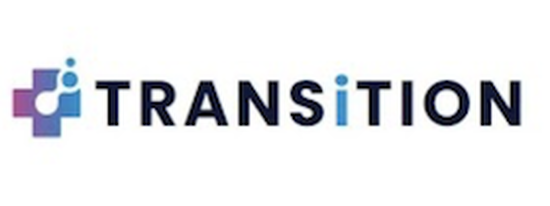
TRANSITION
Digital Transition and digital resilience in oncology
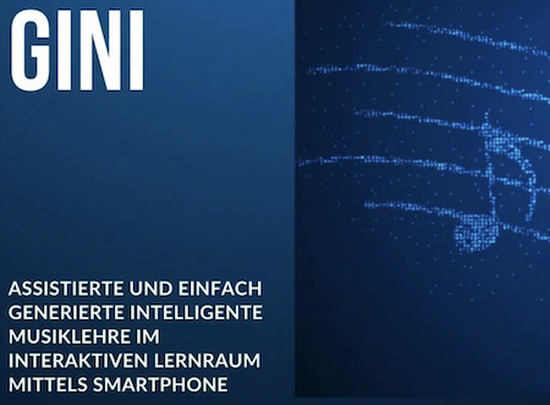
GINI2
Assistierte und einfach generierte intelligente Musiklehre im interaktiven Lernraum mittels Smartphone

JOKER
Journalistische und crossmediale Kompetenzentwicklung für Studierende
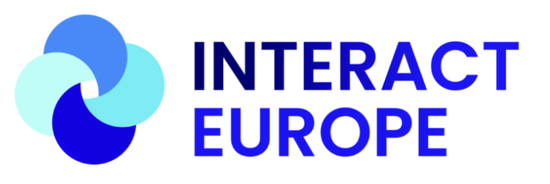
INTERACT Europe
Innovative collaboration for Inter-specialty cancer training across Europe
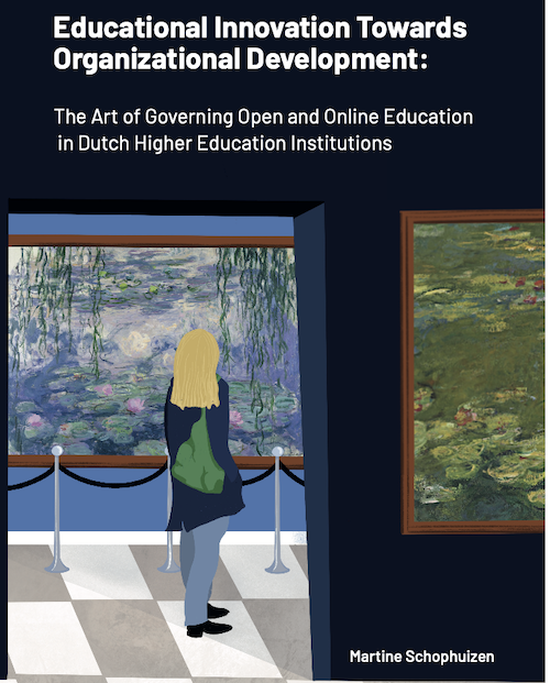
PhD Martine Schophuizen
Educational Innovation towards Organizational Development. The Art of Governing Open and Online Education in Dutch Higher Education Institutions
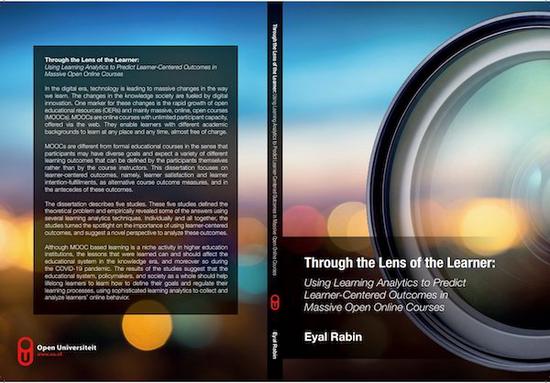
PhD Eyal Rabin
Through the Lens of the Learner: Using Learning Analytics to Predict Learner-Centered Outcomes in Massive Open Online Courses
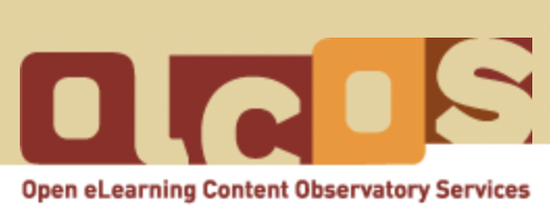
OLCOS
Open eLearning Content Observatory Services
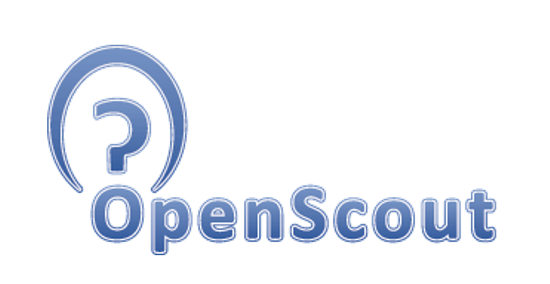
OpenScout
Skill-based scouting of open user-generated and community-improved content for management education and training

EMuRgency
New approaches for resuscitation support and training in the Euregio Meuse-Rhine
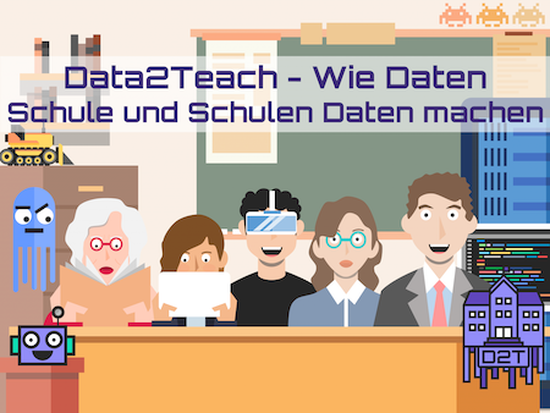
Data2Teach
Wie Daten Schule und Schulen Daten machen

DeTEL
Doctoral Education for Technology-Enhanced Learning
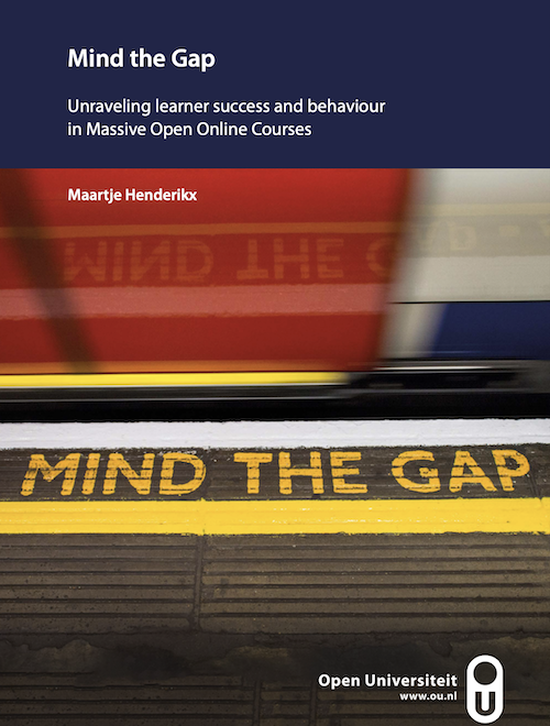
PhD Maartje Henderikx
Mind the Gap. Unravelling learner success and behaviour in Massive Open Online Courses
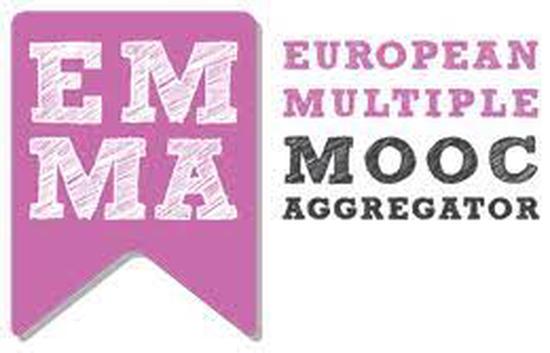
EMMA
European Multiple MOOC Aggregator
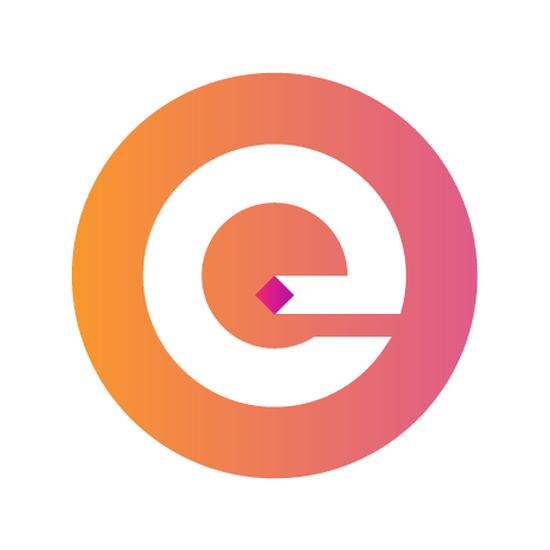
ENTER_EdTech
Entering the EdTech Entrepreneurship World

SOONER
Structuration of Open Online Education in the Netherlands
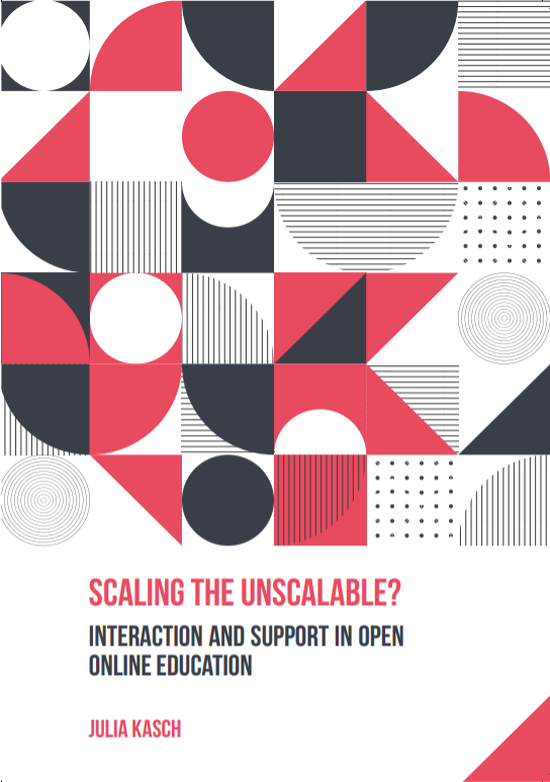
PhD Julia Kasch
Scaling the Unscalable? Interaction and Support in Open Online Education
PhD Mohsin Abbas
Automated formative feedback on essays using metrics, cues and visualization
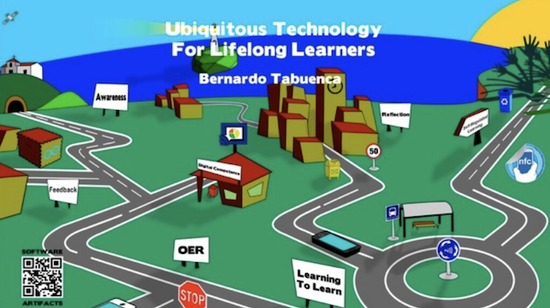
PhD Bernardo Tabuenca
Ubiquitous technology for lifelong learners
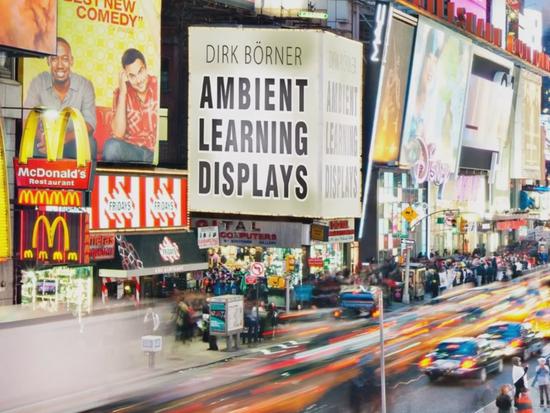
PhD Dirk Boerner
Ambient Learning Displays
PhD Yanay Zaguri
Perceived Value of Learning and Development Departments in Organizations
Upcoming talks
Featured Publications
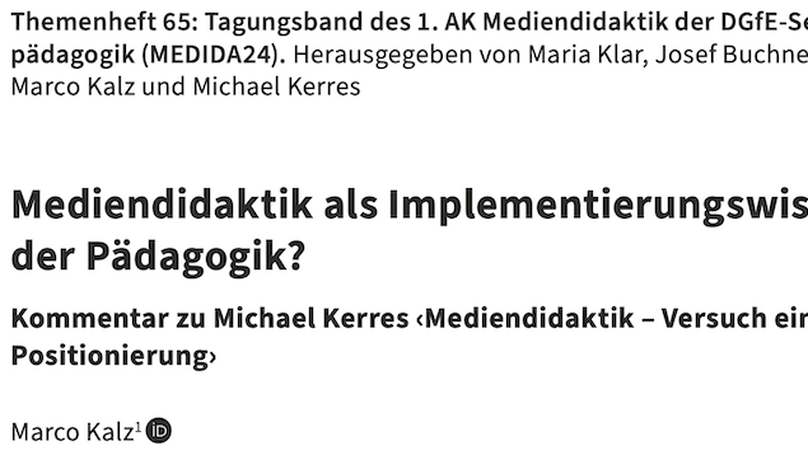
In this commentary the proposal for a repositioning of educational technology is commented and extended. Based on the limits of conceptualization of media, the research focus of educational technology is extended to macro-level of didactics, on the other hand educational technology is drafted as the implementation science of pedagogy.
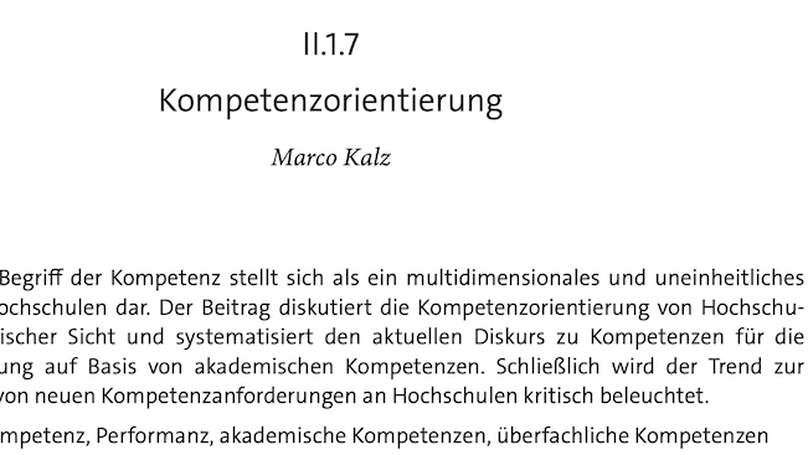
Der Begriff der Kompetenz stellt sich als ein multidimensionales und uneinheitliches Konzept für Hochschulen dar. Der Beitrag diskutiert die Kompetenzorientierung von Hochschulen aus historischer Sicht und systematisiert den aktuellen Diskurs zu Kompetenzen für die Hochschulbildung auf Basis von akademischen Kompetenzen. Schließlich wird der Trend zur Formulierung von neuen Kompetenzanforderungen an Hochschulen kritisch beleuchtet.
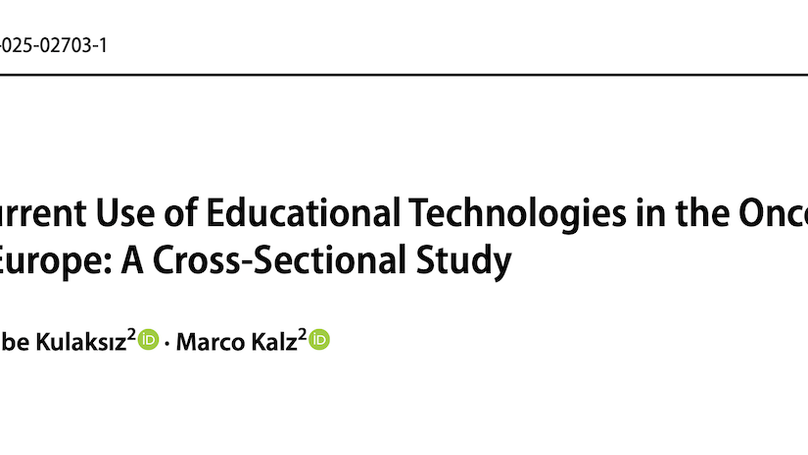
Considering the increasing relevance of digital education in cancer training, this study explores the current use of educational technologies in oncology across Europe. A cross-sectional study was conducted using convenience sampling to gather responses from learners and educators across Europe. Data was collected online via Lime Survey. Results indicate that both groups are most familiar with synchronous and blended learning, with less experience in asynchronous and hybrid formats. Live lectures were the most used tool, while virtual reality and simulations were less used. Regional differences reveal that Northern Europe prefers audio-based tools and e-books, while Central Europe demonstrates higher familiarity with asynchronous learning and interactive tools. Southern Europe has less experience with various modalities and tools. Professionally, cancer nurses reported more experience with asynchronous learning and learning management systems, while clinical oncologists demonstrated limited familiarity with various tools, particularly emerging technologies. For multi-disciplinary oncology training to succeed, practitioners need to align learning objectives with participants’ prior experiences and balance diverse target groups and implementation needs to address regional and professional disparities. Targeted efforts are needed to bridge gaps in digital infrastructure, accessibility, and institutional support. Explanatory studies are needed to confirm these findings.
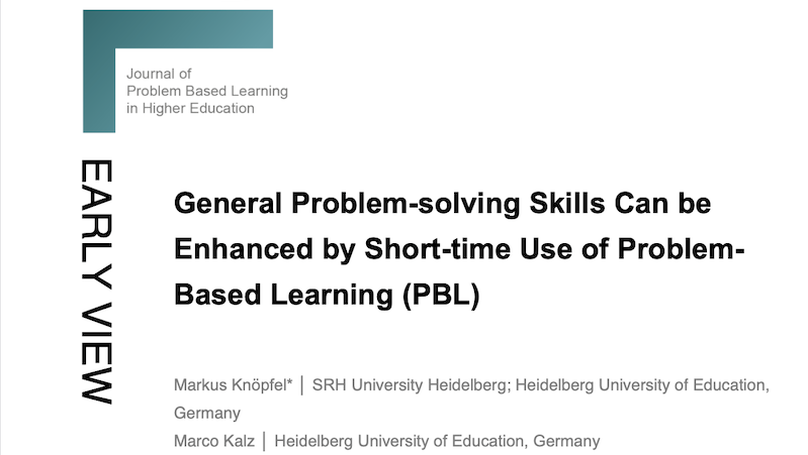
Future students are confronted with a complex world that demands the ability to solve problems in unstructured, undefined, and unfamiliar situations. The aim of the present study was to investigate the development of problem-solving skills through the implementation of Problem-Based Learning (PBL). While previous research has primarily focused on content-related and long-term measurements when examining the effects of PBL, this study took a different approach by exploring the general increase in problem-solving skills resulting from PBL. The sample consisted of 90 second-semester students who were assessed at three different time points using three subscales of the Wilde-Intelligenz-Test I & II: analogies (AL), letter series (BR) and numerical series (ZN). The findings revealed a significant improvement in general problem-solving abilities within the PBL group. These results provide valuable insights into the impact of PBL on the development of general problem-solving skills, even within a domain-independent and short-term context. Lecturers are encouraged to consider implementing PBL in their study programs, as it equips graduates with the necessary skills to tackle the challenges of today’s dynamic and constantly changing world.
Recent Publications
Contact
- kalz@ph-heidelberg.de
- +49-6221-477331
- Heidelberg University of Education, Im Neuenheimer Feld 561<br>69120 Heidelberg
- Enter building and take the stairs to the left to the third floor (Office A336)
- By appointment
- Book an appointment


